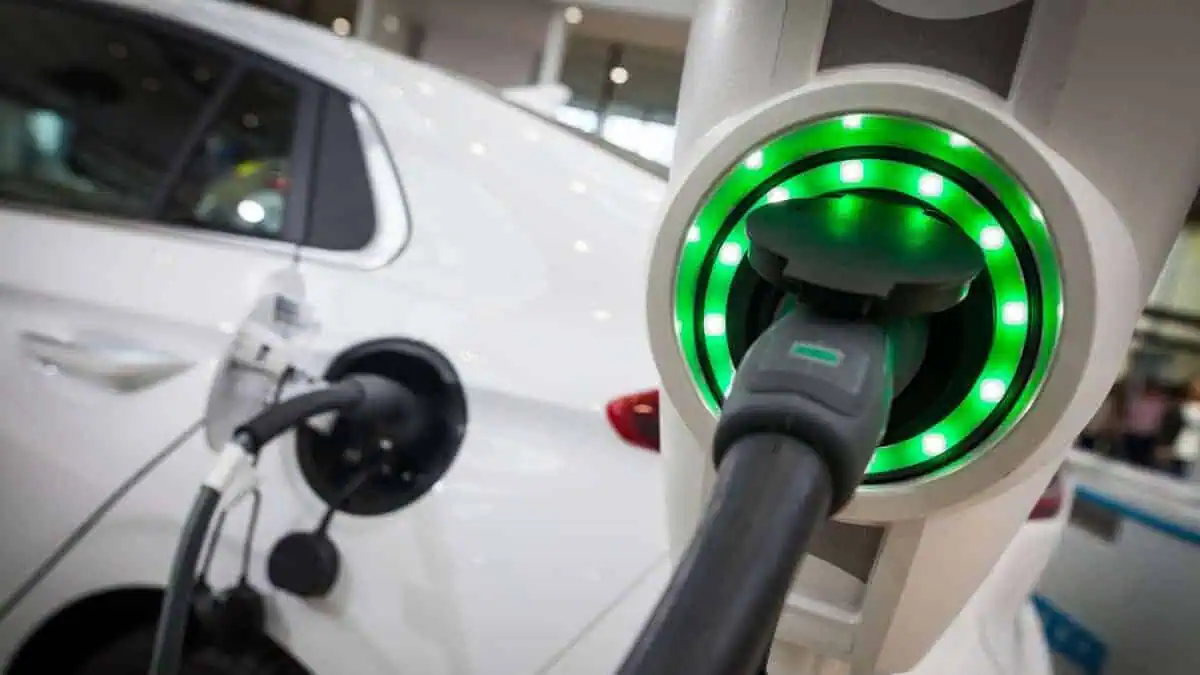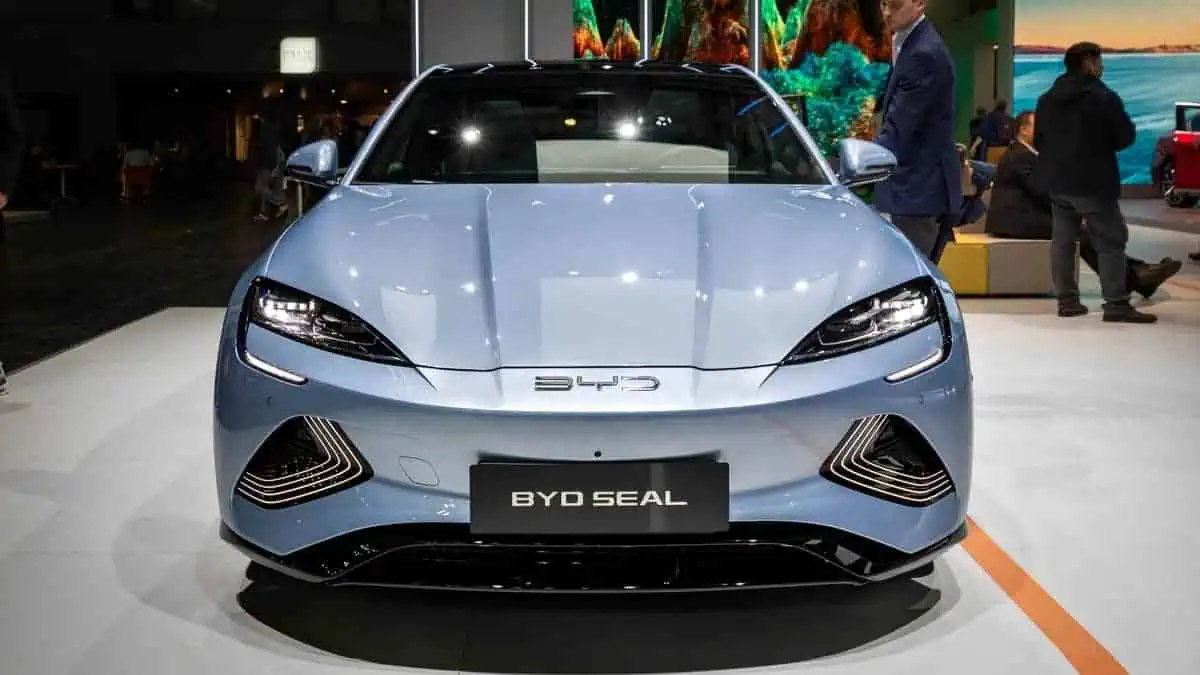Highland councillors considered a recommendation to nearly triple the cost of using its fast charging points, from £0.30 ($0.34) kWh to £0.86 ($0.97) kWh.
This change would transform the council’s fast chargers into some of the most expensive in the country. It would increase the cost of fully charging a regular electric vehicle from £12 ($13.60) to £34 ($38.54).
A decision on the suggested raise was put off. Such a change would have it cheaper to use a gasoline-powered vehicle than the Highland Council’s fast-charging infrastructure in some instances, according to The Press and Journal.
The charging point mapping website Zap-Map has its journey cost calculator, allowing drivers to compare the driving costs of a gasoline-powered car with a battery-powered vehicle.
According to the calculator, a 109-mile journey from Inverness to Thurso would cost £34 ($38.54) in total, at a rate of £0.31 ($0.35) a mile in an electric Nissan Leaf using £0.86 ($0.97) kWh fast charging points.
However, using a petrol-powered Ford Fiesta, the same journey would be over £18 ($20.40), at the cost of £0.16 ($0.18) per mile and with petrol costing £1.64 ($1.86) per liter.
Concerns for 2030, when fossil fuel vehicles will be phased out
The UK and Scottish Governments are vowing to phase out the need for a new gasoline-powered vehicles by 2030 to reduce our overall carbon footprint.
However, concerns have been raised that the uptake of EVs in the future could be proven slow if EV costs increase.
Transport campaigner at Friends of the Earth Scotland, Gavin Thomson, said that “running electric cars is much cheaper than the high and unpredictable costs of fossil fuels, and it needs to stay that way”.
He said he thought that a “huge spike in the cost of charging electric vehicles is likely to put off new users” and that we are currently in a time when “we need to rapidly move to sustainable transport and electric vehicles”.
According to Transport Scotland, transportation is Scotland’s most significant climate change contributor, “emitting over a quarter of all our greenhouse gas emissions”.
And with that quarter, “the largest share of transport emissions come from cars, accounting for 38%”.
“We urgently need to make big changes to how we get around.” Gavin continued.
“While reducing car use by investing in walking, cycling and public transport is crucial to this, certain journeys will still need private cars, which is why transitioning to electric vehicles is so important.”
‘Sudden & huge’ increases may slow down EV uptake
Neil Greig, from IAM Roadsmart (formerly known as the Institute of Advanced Motorists), said that those who use an EV should feel safe that charging costs won’t “suddenly spiral”.
“Sudden, huge increases in the cost of EV charging will almost certainly slow down uptake, in our view.” said Greig.
“EV drivers need the same consumer protections as traditional drivers with clear pricing displays, easy payment options such as contactless, and the knowledge that prices won’t suddenly spiral.”
Fast EV charging costs have been rising this year
While the cost of using home chargers is still lower than filling up a petrol or diesel vehicle, fast chargers are becoming more costly for powering up your EV.
Zap-Map approximated that in September, the average cost for using a fast or ultra-fast charging point was 0.56 kWh, up from £0.49 ($0.56) in June.
Co-founder of Zap-Map, Melanie Shufflebotham, said, “Rapid and ultra-rapid chargers are generally more expensive, but very few EV drivers will use these exclusively, instead using a mix of at-home and public slow/fast chargers.”
“It does emphasise the need for plentiful public on-street slow and fast charging and fairer costs to use public chargers, which currently include a higher VAT rate than electricity at home.”
“Both of these are issues which need to be addressed for the widespread adoption of electric vehicles in the run-up to the 2030 deadline.”
Fast chargers essential for rural communities
Drivers who do not need to drive very far can quickly rely on their home chargers or slower charging units.
However, for those living in rural areas like the Highlands, fast chargers are actually more of a necessity than a choice.
In comparison to slower chargers taking hours and hours to fill the battery, faster chargers can fill much faster.
For those having lengthy journeys, every second consumed on charging must be as efficient as possible unless you can afford to be at your destination later than expected.
Highland councillor Patrick Logue said increasing fast-charging costs would go against the council’s net-zero targets.
“With electric cars currently representing less than 1% of all Highland vehicles, making it actively cheaper and easier to continue driving petrol and diesel cars directly contradicts the council’s stated climate ambitions.” said Logue.
Logue stated that the issue of increasing charging prices compounds with other problems for EV drivers, like finding the charging point you need to complete your travel is broken.
Such problems, Logue said, can put people off shifting to the more eco-friendly transport option of driving an EV.
“As an EV driver of more than two years I can’t count how many times I have arrived at inoperable chargers.” Logue added.
“Often times, it’s more of a surprise when one is working than when it is broken.”
“I can’t see many people putting up with that kind of inconvenience and the higher upfront cost of EVs.”






